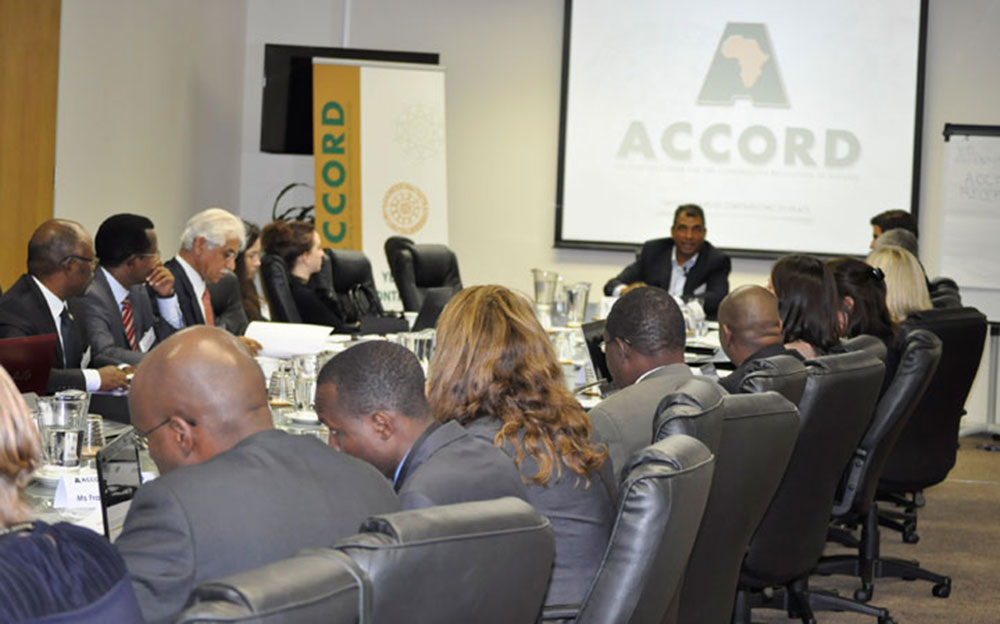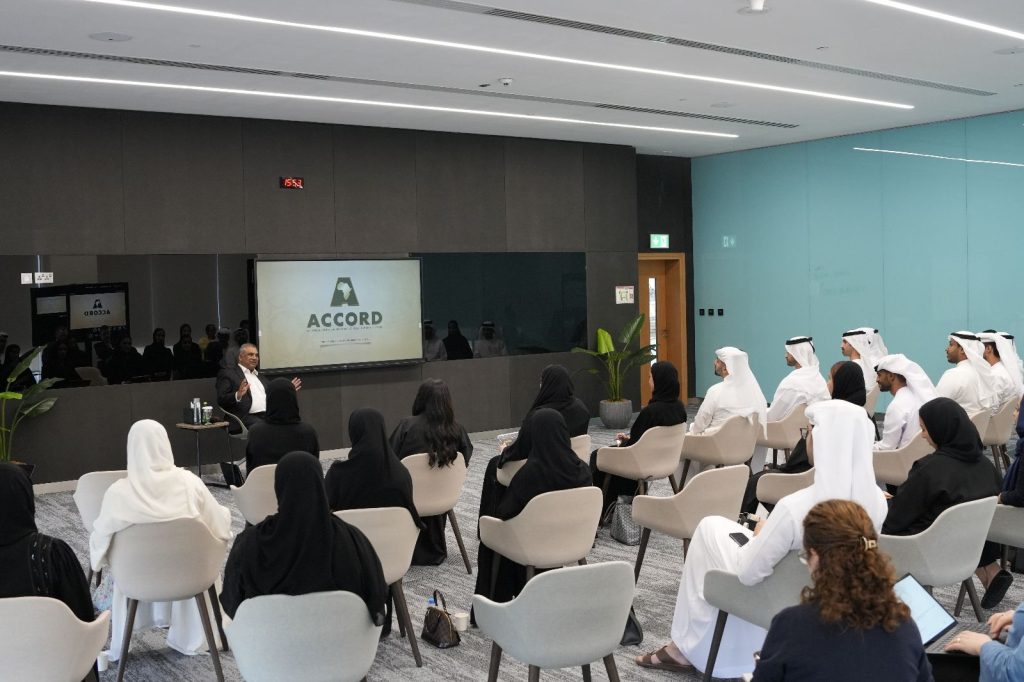On 26 February 2015, two days before the general elections that took place in the Kingdom of Lesotho, the African Centre for the Constructive Resolution of Disputes (ACCORD) hosted an internal staff seminar where Thulisa Ndlela, Programme Officer in the Operations Division, presented and led the discussion. The content of the presentation came out of a scoping study undertaken by ACCORD in early February in Lesotho’s capital, Maseru. Senzo Ngubane, General Manager of the Operations Division, moderated the discussion.
In his presentation, titled ‘Lesotho: A kingdom at the crossroad’, Ndlela shared lessons learnt during the week-long study in which researchers engaged key stakeholders with the intention of understanding their views and positions on the prevailing situation of instability and insecurity, as well as the state’s readiness for the upcoming national election scheduled for Saturday, 28 February 2015.
Since the 2012 national elections which produced a coalition government, the Kingdom of Lesotho has enjoyed very little stability. Events of August 2014, when Prime Minister Tom Thabane alleged that a coup d’état had been launched against him by the military, resulted in political parties failing to reach consensus on the opening of parliament and insecurity that tipped the country into even greater instability in September of the same year. The challenges in Lesotho prompted intervention by the Southern African Development Community (SADC), which mandated South Africa’s Deputy President, Mr Cyril Ramaphosa, to lead the process as facilitator.
Ndlela teased out the problematic nuances in Lesotho’s constitution and electoral law, which allow members of parliament to change political parties without losing their seats; permit the formation of breakaway political parties mid-term without requiring election of new members of parliament; and support the formation of coalitions between political parties which can effectively relegate election winning parties to being the official opposition in parliament.
Coming out of the discussions was the realisation that although the political culture in Lesotho encourages coalition politics, the result of the 2015 election will represent a crossroads for the ‘Kingdom in the Sky’ and that the future of the country is largely dependent on the cooperation of political parties post the 28 February election.
A concluding view on the presentation was that in any work proposed for Lesotho, it is important to focus on the problems that Lesotho faced in 2002, and the solutions that were found for these challenges, some of which contributed to the development of the current constitution (which underpins the electoral law). Only then can steps be taken to consider what issues exist in the present, for instance challenges of coalition politics, and how these can be addressed.
The Knowledge Production Department at ACCORD organises regular internal staff seminars on pertinent and timely topics to facilitate discussion among staff members on a variety of security, peace and development topics.







